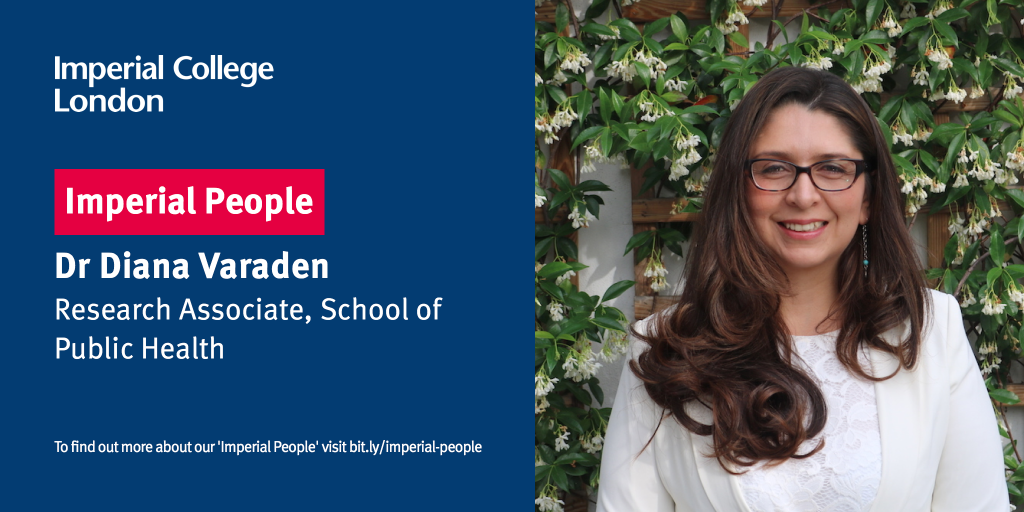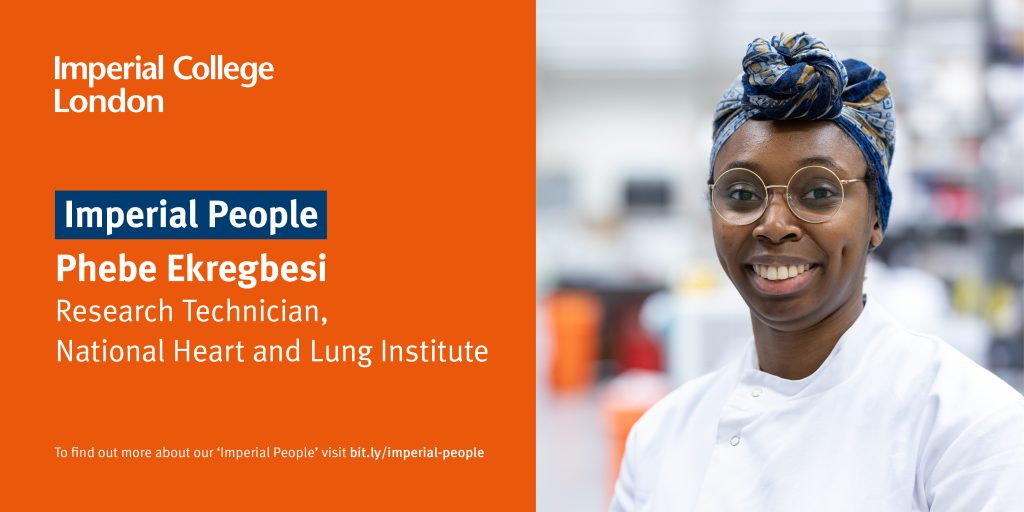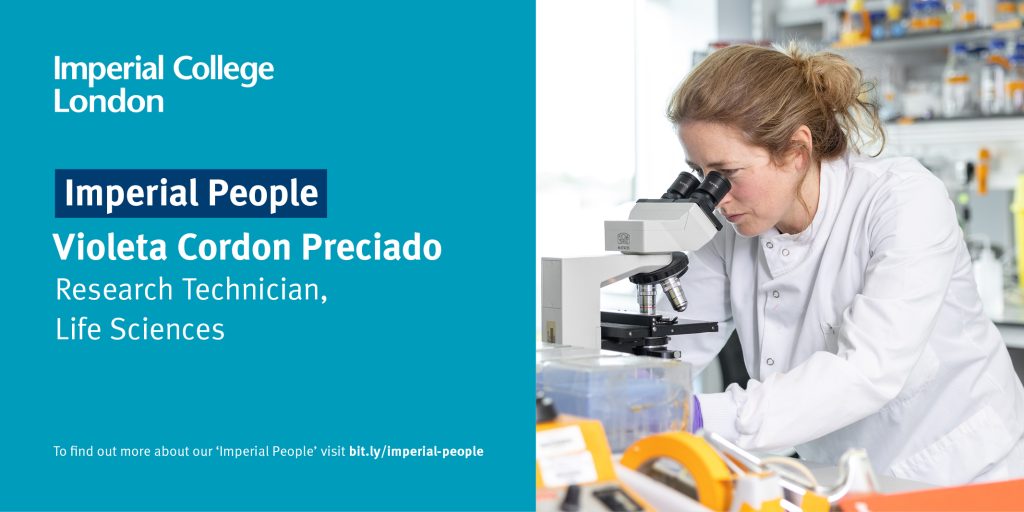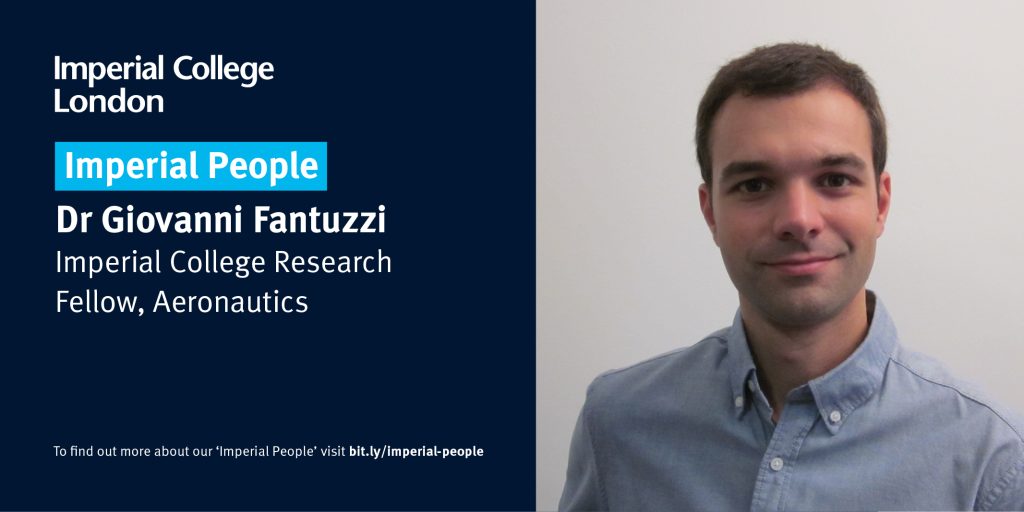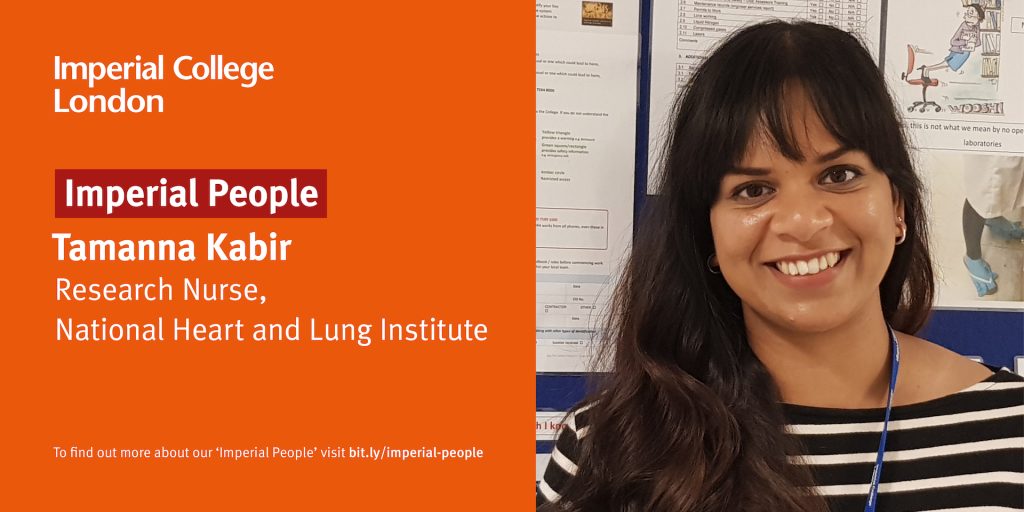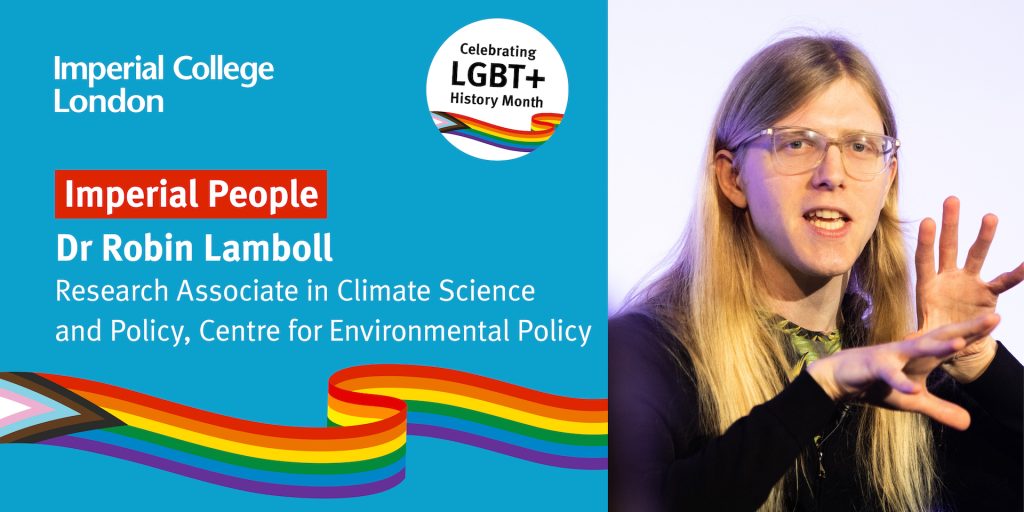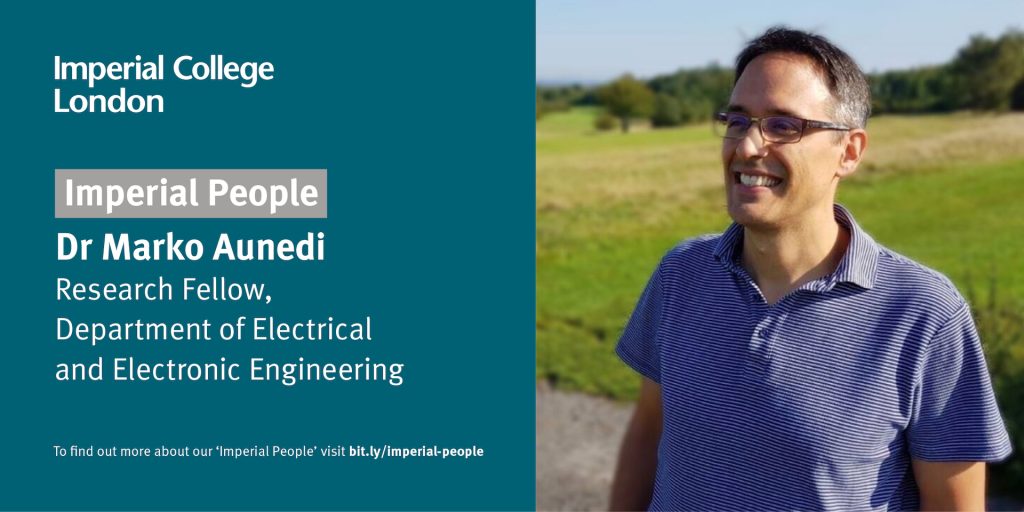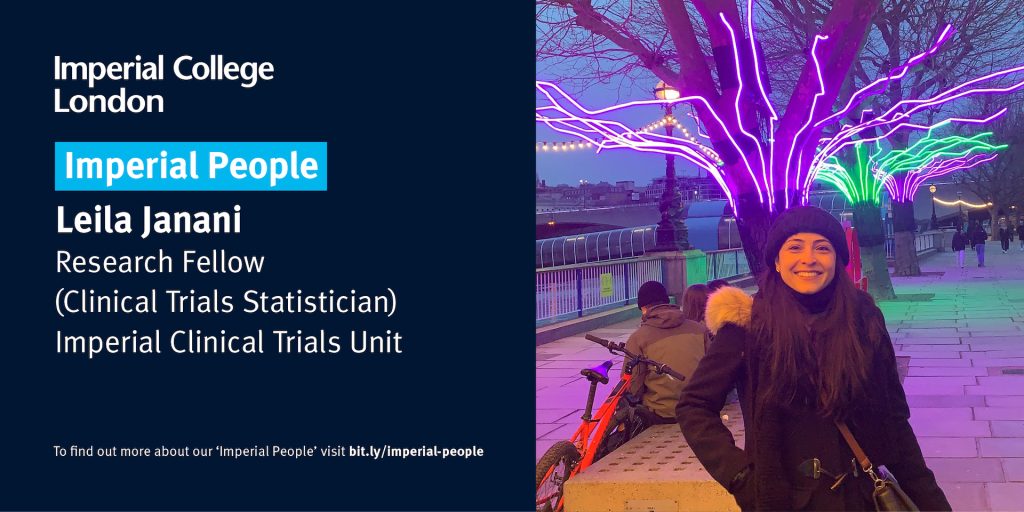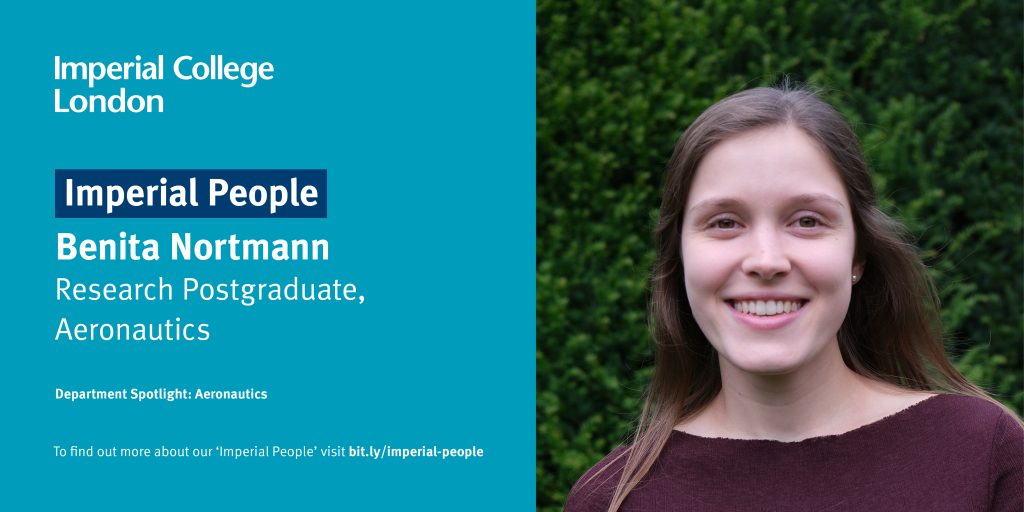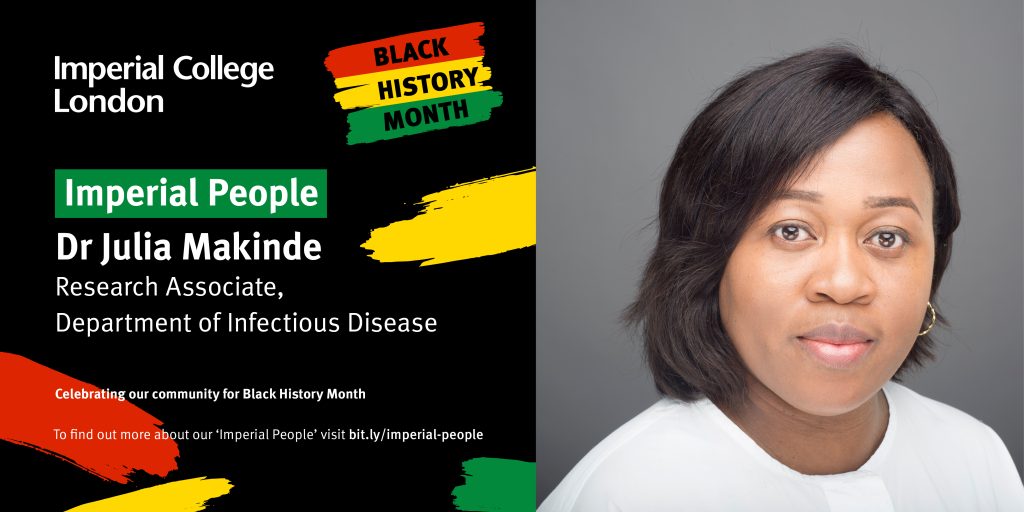“I strive to identify how best we can communicate air pollution as a health risk to the public”
After I completed my MSc in environmental technology at Imperial, I started a job as an air quality consultant, working on projects involving monitoring and modelling air quality. Through my educational background and work experience, I was able to recognise the sources and magnitude of the air pollution problem in our city and its impact on human health.
However, I couldn’t help but wonder how the public could understand the importance of tackling the air pollution problem if they could not see it! The opening sentence of my personal statement when applying for my PhD studentship eight years ago was – ‘Air pollution, the invisible killer, needs to be unmasked! How can we do it?’ Finding the answer to this question was and still is the focus of my research.
My research largely involves working with members of the public, enabling them to be an active part of the research process, and helping them to design, implement and interpret their own air quality monitoring projects. I am interested in interdisciplinary work bridging natural science, social and health disciplines and in identifying the benefits of involving lay individuals in the research process. (more…)
